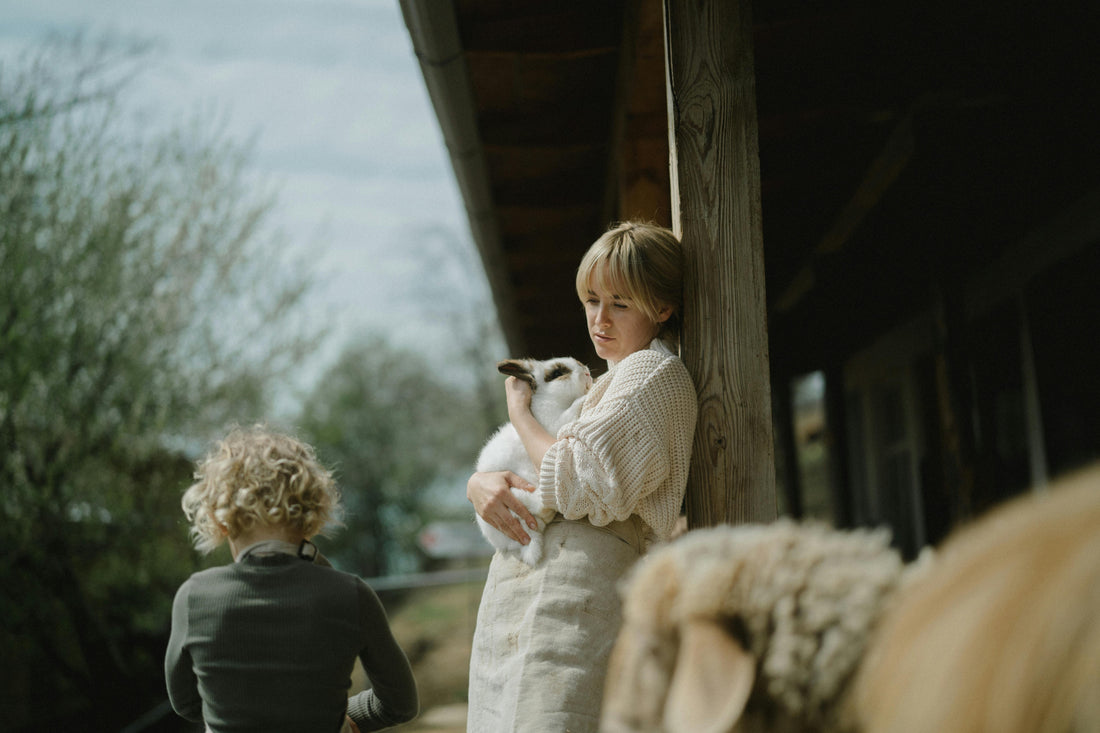
How Long Do Rabbits Live?
Share

If you’ve ever fallen in love with a fluffy little bunny, you’ve probably wondered: How long will my rabbit be with me? The good news is that with proper care, indoor house rabbits can live long, happy lives by your side.
Average Lifespan of Indoor Rabbits
Indoor rabbits typically live 8 to 12 years, with many even reaching 13 or 14 years. That’s comparable to many dog breeds—and it means bringing a rabbit into your home is a long-term commitment.
The key factors that contribute to a rabbit’s lifespan include:
-
Diet
-
Housing
-
Exercise
- Social Interaction
-
Veterinary care
-
Spaying or neutering
Diet: The Foundation of Good Health
A healthy rabbit diet is high in fiber and low in sugar. The staples include:
-
Unlimited hay (timothy, orchard grass, or meadow)
-
A variety of fresh greens (like romaine, parsley, and cilantro)
-
Fresh, clean water
-
Limited pellets (choose high-fiber varieties with no added seeds or colored bits)
-
Healthy treats (like our Willow & Hare Forage Blends, of course 😉)
Avoid sugary snacks, iceberg lettuce, or high-carb treats that can upset their delicate digestive system.
The Importance of Safe, Indoor Housing
Indoor rabbits are protected from harsh weather, predators, parasites, and many accidents that outdoor rabbits might face. Inside, your bunny should have:
-
A roomy enclosure or free-roam access in a bunny-proofed space
-
A safe, clean environment with soft flooring and no sharp edges
-
Toys and enrichment to prevent boredom and destructive behavior
Exercise & Enrichment
Rabbits aren’t meant to sit in cages. They need at least 3–4 hours of playtime daily to stretch, hop, and explore. Think tunnels, cardboard castles, and supervised time to roam your home.
Mental stimulation is just as important—rotate toys, offer new scents and textures, and provide chewable goodies like untreated apple sticks or our forage mats.
Veterinary Care Matters
Just like dogs and cats, rabbits need regular vet visits with an exotics-savvy vet. Annual checkups, proper grooming, and monitoring for dental or digestive issues can make a huge difference in longevity.
Also, spaying or neutering your rabbit doesn’t just prevent unwanted litters—it reduces hormone-related behaviors and significantly lowers the risk of reproductive cancers.
Rabbits Are a Long-Term Commitment
Rabbits are intelligent, sensitive creatures who thrive on love, consistency, and good care. With the right setup, your bunny can live over a decade—and become a beloved part of your family.
Whether you’re a first-time bunny parent or a seasoned rabbit lover, every day you give your rabbit a safe, healthy, and enriched life is a gift that adds to their years.
